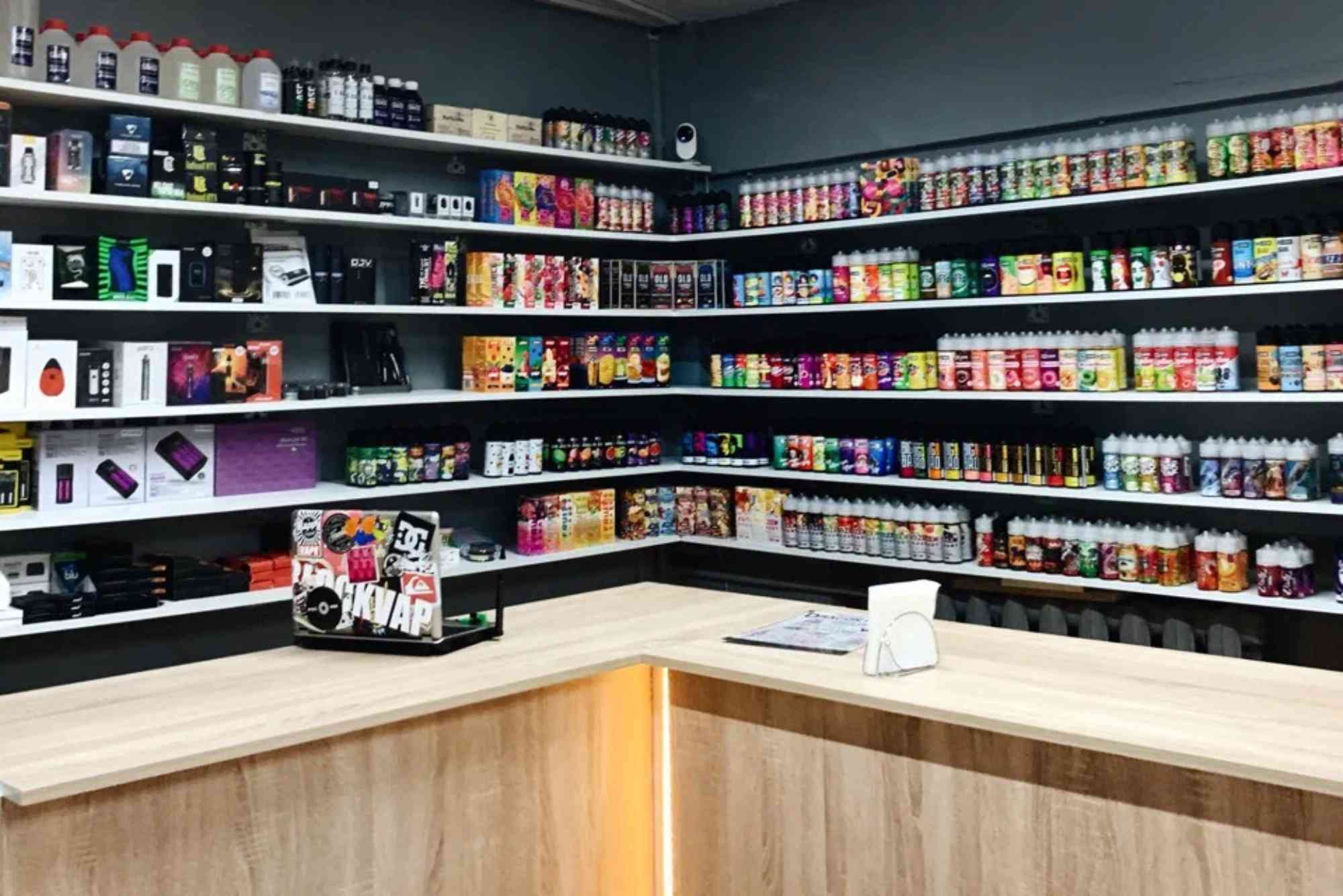Vaping regulations have become a central topic in the Gulf Cooperation Council (GCC) as public health concerns grow. In 2025, Kuwait and Oman are taking distinct yet aligned approaches to managing vaping within their borders. These nations are tightening controls, updating legislation, and balancing public health priorities with emerging consumer habits. If you’re curious about the state of vaping laws in the GCC, this article explores how Kuwait and Oman are navigating the evolving landscape.
The Rise of Vaping in the GCC
Over the past decade, vaping has surged in popularity across the Gulf. Initially seen as a modern alternative to smoking, it quickly found a loyal user base, especially among younger adults. But this rise prompted health authorities to act.
GCC countries began re-evaluating their public health frameworks, leading to stricter guidelines. Kuwait and Oman, while traditionally conservative, are now on the frontlines of this transformation.
Vaping Laws in Kuwait (2025)
Stricter Controls and Licensing
In 2025, Kuwait enforces some of the most rigorous vaping regulations in the region. The Ministry of Health, in collaboration with the Ministry of Commerce, has implemented licensing for all vape-related businesses.
Retailers must now apply for permits, meet safety standards, and clearly label nicotine content. Products without proper certification are seized and destroyed.
Public Vaping Ban Expanded
Kuwait’s anti-smoking laws now fully include vaping. Vaping in public places such as malls, restaurants, and transport hubs is prohibited. This mirrors the country’s broader smoking bans and aims to limit exposure to secondhand vapor.
Violators face steep fines, and repeat offenders may have their devices confiscated.
Age Restrictions and Online Sales
Only individuals aged 21 and older can legally purchase vaping products. Online sales are heavily monitored and must include ID verification and proof of age.
Kuwait has also begun working with telecom regulators to block access to unauthorized e-commerce sites selling unregulated vape products.
Focus on Health Warnings
All vape products must carry graphic health warnings, similar to those found on cigarette packaging. Labels now include clear statements about nicotine addiction, respiratory risks, and the lack of long-term safety data.
This public health strategy aligns with WHO recommendations and reflects Kuwait’s intent to inform rather than merely punish.
Vaping Regulations in Oman (2025)
A More Cautious Approach
Oman’s stance on vaping is firm but slightly more moderate compared to Kuwait. The Sultanate continues to legalize the sale of e-cigarettes, but with increasing oversight.
Retailers are now subject to annual inspections and must renew certifications to remain operational. Importers must prove compliance with GCC-wide product safety standards.
Regulated Distribution Channels
To prevent black-market circulation, Oman mandates that vape products be sold only through licensed pharmacies and designated retail outlets. Supermarkets, convenience stores, and gas stations are barred from selling any vape-related items.
This restriction helps control distribution and ensures compliance with quality standards.
Advertising Ban and Health Education
Oman has completely banned vape product advertisements across all media, including digital platforms. Influencers and online content creators promoting vaping can face heavy penalties.
Instead, the government promotes anti-vaping campaigns in schools and universities. These programs focus on long-term health risks and youth addiction.
Taxation and Economic Incentives
A high excise tax on vape liquids and devices has been introduced, matching the tax on tobacco products. The goal is to deter casual use while boosting government revenue for public health programs.
Oman is also investing in smoking cessation services, offering free support for citizens trying to quit both smoking and vaping.
Comparing Kuwait and Oman’s Strategies
Kuwait and Oman both prioritize public health, but their methods differ slightly in terms of strictness and implementation.
- Kuwait enforces immediate compliance with licensing and public bans.
- Oman opts for phased enforcement, education, and limited availability.
Despite their different approaches, both countries are contributing to a broader shift in vaping laws in the GCC.
GCC-Wide Impact and Regional Coordination
Standardizing Vaping Laws Across Borders
There’s growing momentum for a unified Vaping Laws GCC policy. Health ministers from all six member states have begun discussions to harmonize legislation.
Such alignment would simplify regulations for manufacturers and importers while reinforcing shared public health goals.
Tackling Cross-Border Sales
Illegal cross-border trade of vape products remains a challenge. Smugglers exploit regulatory gaps between countries. Joint patrols and digital tracking systems are now being deployed to monitor the movement of restricted products.
In both Kuwait and Oman, customs authorities have stepped up enforcement and regularly seize unapproved shipments.
What These Changes Mean for Consumers and Retailers
If you’re a consumer, the most immediate impact is on product availability, price, and where you can legally vape.
Retailers face higher compliance costs but benefit from clearer regulations and improved market stability.
Importers and brands seeking entry into the GCC must now factor in stricter approval processes, increased taxes, and cultural sensitivities.
Vaping and Public Health in the Gulf
Public health remains at the heart of these policies. Both countries have taken cues from global research linking vaping to respiratory issues and nicotine dependency.
Their goal isn’t to punish users but to regulate access and ensure informed choices. This is particularly important in a region with high rates of youth smoking and chronic disease.
The Future of Vaping Laws in the GCC
Expect even tighter rules in the coming years. The focus will likely shift to:
- Regulating vape device tech (e.g., temperature controls)
- Monitoring flavored e-liquids, especially fruit or candy flavors
- Cross-border digital sales and influencer marketing
Kuwait and Oman will likely serve as models for other GCC nations, shaping the regional policy narrative around vaping.
Frequently Asked Questions (FAQ)
Is vaping legal in the GCC in 2025?
Yes, but with restrictions. Countries like Kuwait and Oman have regulated the sale, marketing, and public use of vaping products.
Can you vape in public in Kuwait or Oman?
No. Both countries ban vaping in public places, including restaurants, malls, and public transport.
Are flavored vape liquids banned in the GCC?
Not entirely. Some flavors are restricted, and others may require special approval depending on the country.
What’s the legal age to buy vapes in Kuwait and Oman?
As of 2025, the legal age is 21 in Kuwait and 18 in Oman, though Oman is considering raising the minimum to 21 as well.
Are online vape sales allowed in Kuwait and Oman?
Yes, but under strict regulation. ID verification and licensing are mandatory, and many unauthorized sites are blocked.
Adapting to Evolving Vaping Laws
As vaping continues to grow globally, the vaping laws in the GCC are evolving to meet new health and regulatory demands. Kuwait and Oman have demonstrated that it’s possible to balance consumer demand with public responsibility.





